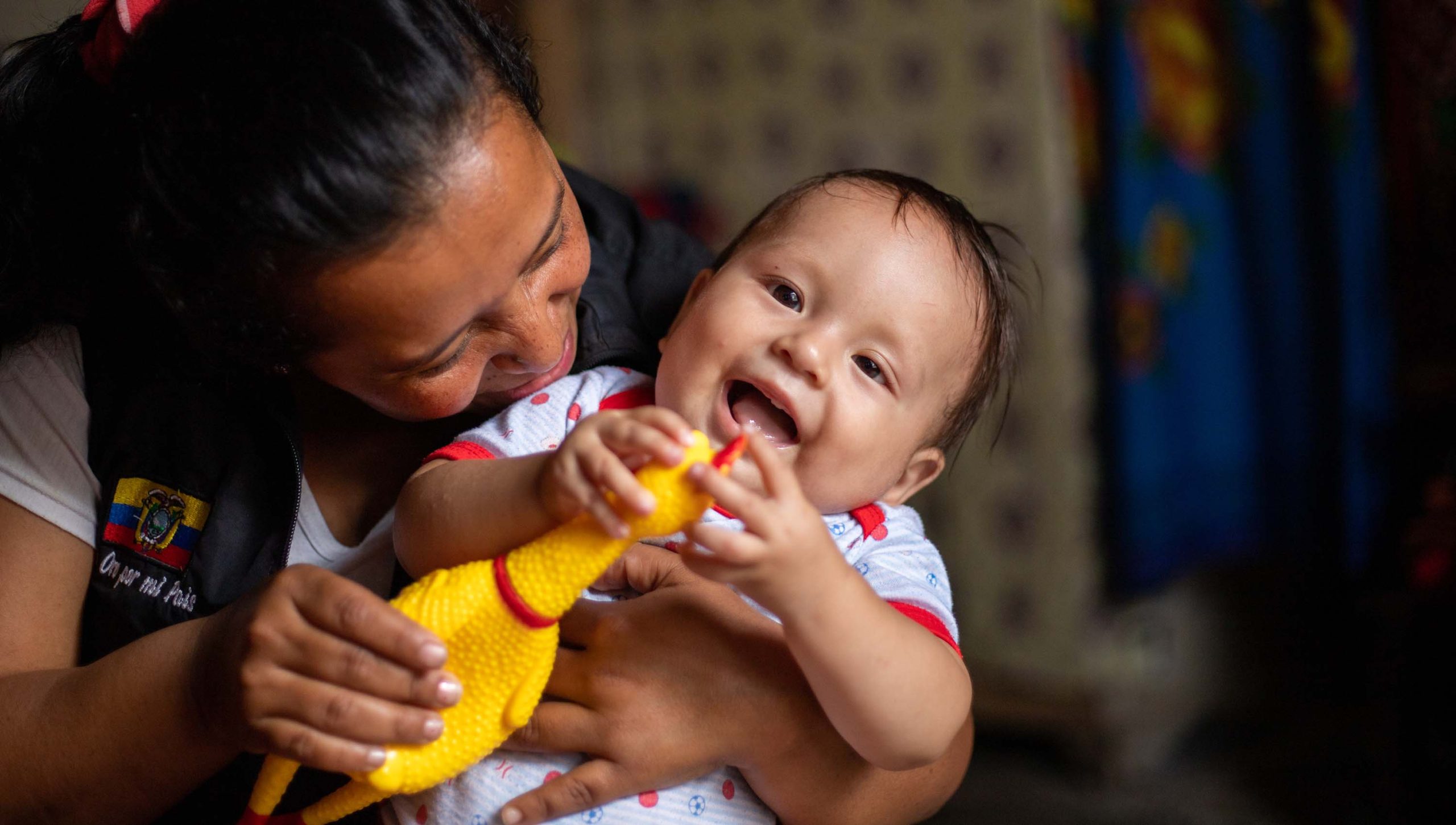
For nearly 40 years, Compassion has been working in El Salvador to lift children out of poverty in Jesus’ name. Today, more than 71,000 children are benefiting from Compassion’s support and care at 262 child development centers across the country. Every one of these children receives the nutrition, access to health care,and educational support they need to overcome poverty and grow into fulfilled, self-sufficient adults.
El Salvador’s economy was badly affected by the global recession of 2008 and has only recently begun to recover. Although the government has invested heavily in social protection programs in recent years, 33 percent of the population continues to live in poverty. Around a quarter of Salvadorans emigrated during the country’s bitter civil war of 1979-92, and many struggling families still depend on the money relatives send home from abroad.
El Salvador is particularly prone to natural disasters, including earthquakes, droughts and floods, which can have a devastating effect on food production. This means food insecurity is widespread. To help tackle this problem, every Compassion-assisted family receives a monthly food package of nutritious staples, and malnourished children also receive supplemental nutrition.
Primary and secondary school are nominally free to families who cannot afford the fees. However, the cost of textbooks, uniforms and transport puts education out of reach for many children living in poverty. Just 60 percent of students make it to secondary school, and six percent of children never attend school at all.
Nearly 70,000 Salvadoran children are engaged in child labor, many of them begging, scavenging for garbage or working on coffee plantations. Some children must work to help support their families, but others are victims of human trafficking, forced into illicit activities or domestic and agricultural work.
El Salvador has one of the highest homicide rates in the world, and violent crime is common in the capital, San Salvador. In 2016, an average of 14 people were murdered every day. Children in urban areas are at particular risk of being drawn into gang culture and drug trafficking, which many young people see as their only route out of poverty.
Survival is crucial for infants in El Salvador. For every 1,000 live births, 13 die. The maternal mortality rate in is 54 deaths for every 100,000 live births. Around 14 percent of children suffer from stunting, while about 2 percent suffer from acute malnutrition and 14 percent suffer from chronic malnutrition. Around 98 percent of childbirths have a skilled birth attendant present.
Compassion is striving to create the conditions in which every child in El Salvador has access to a good education, in which every child has enough food to eat, and in which no child has to turn to crime for survival. Our child development centers provide an essential base for these efforts. They are staffed by workers who are dedicated to improving children’s lives in Jesus’ name and to reaching out to those most in need.
El Salvador Quick Facts
- El Salvador is the smallest and most densely populated country in Central America.
- Nearly one-third of the population (33 percent) is living in poverty.
- Unemployment stands at around 7 percent, but an estimated 43 percent of the workforce is underemployed.
- A quarter of the population has no access to an improved sanitation facility.
- Nearly 9 percent of babies are born with a low birth weight.
Sources: The World Bank; World Food Programme; US Department of Labor; The World Factbook.
